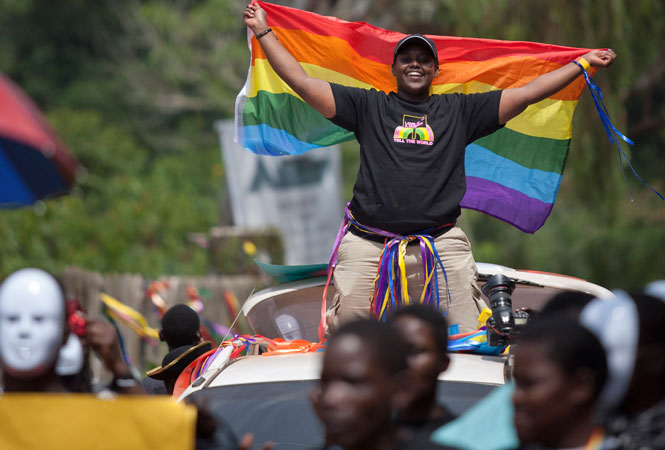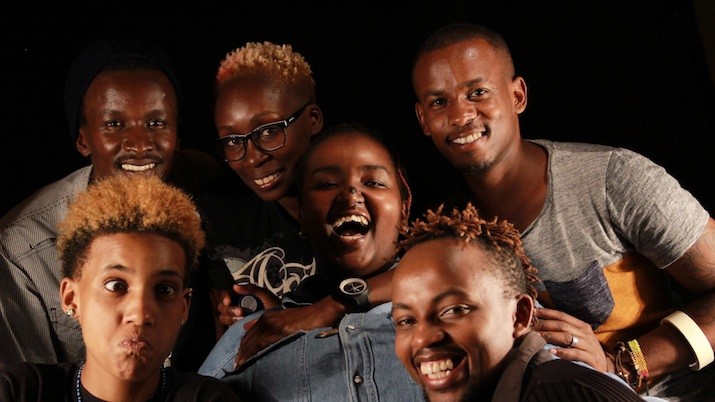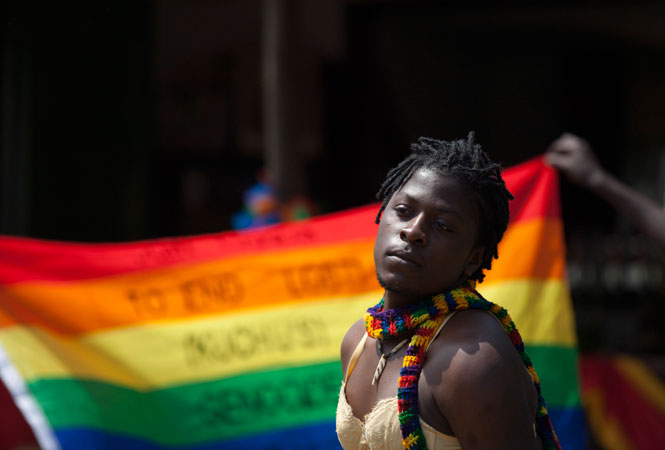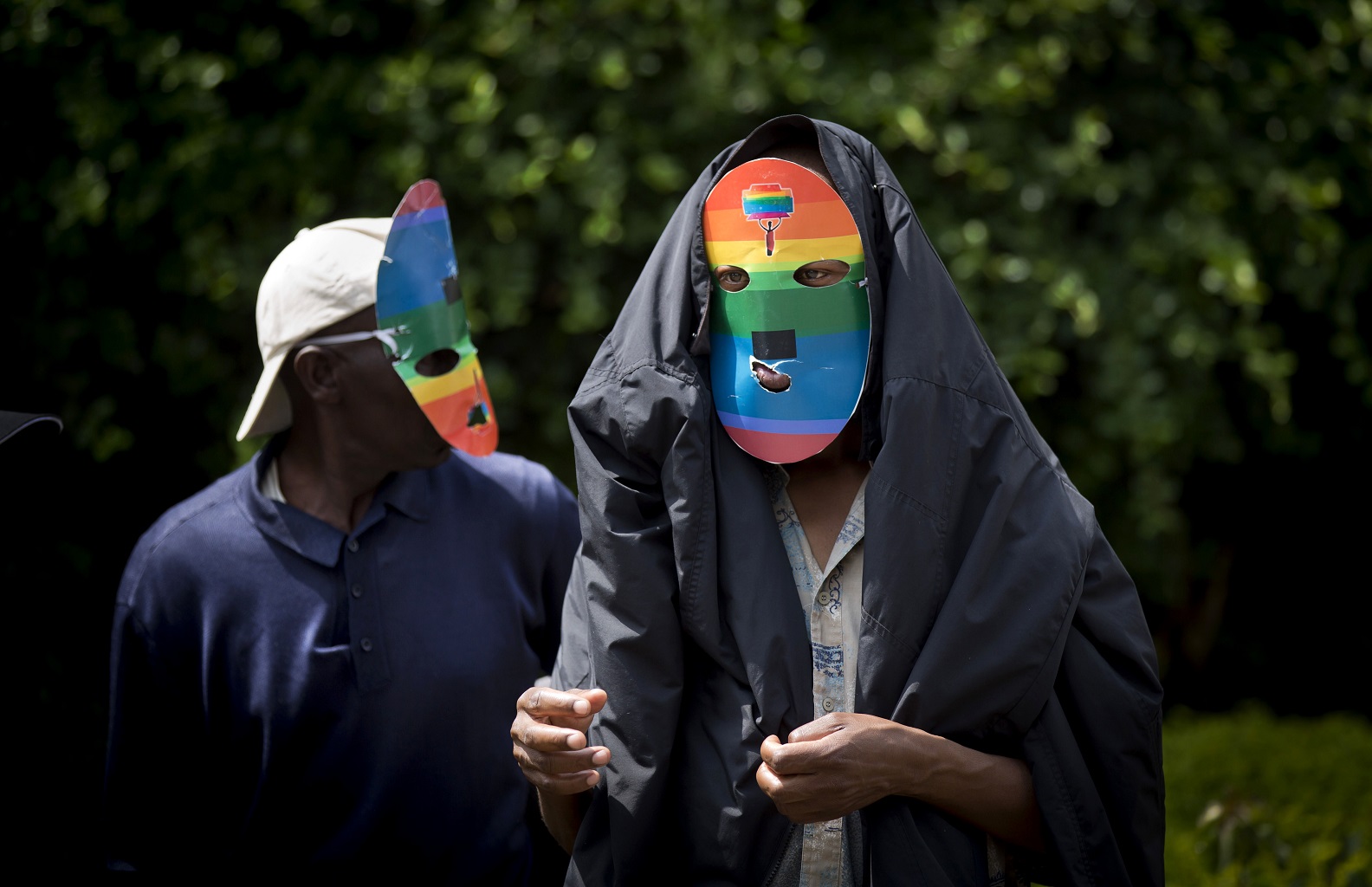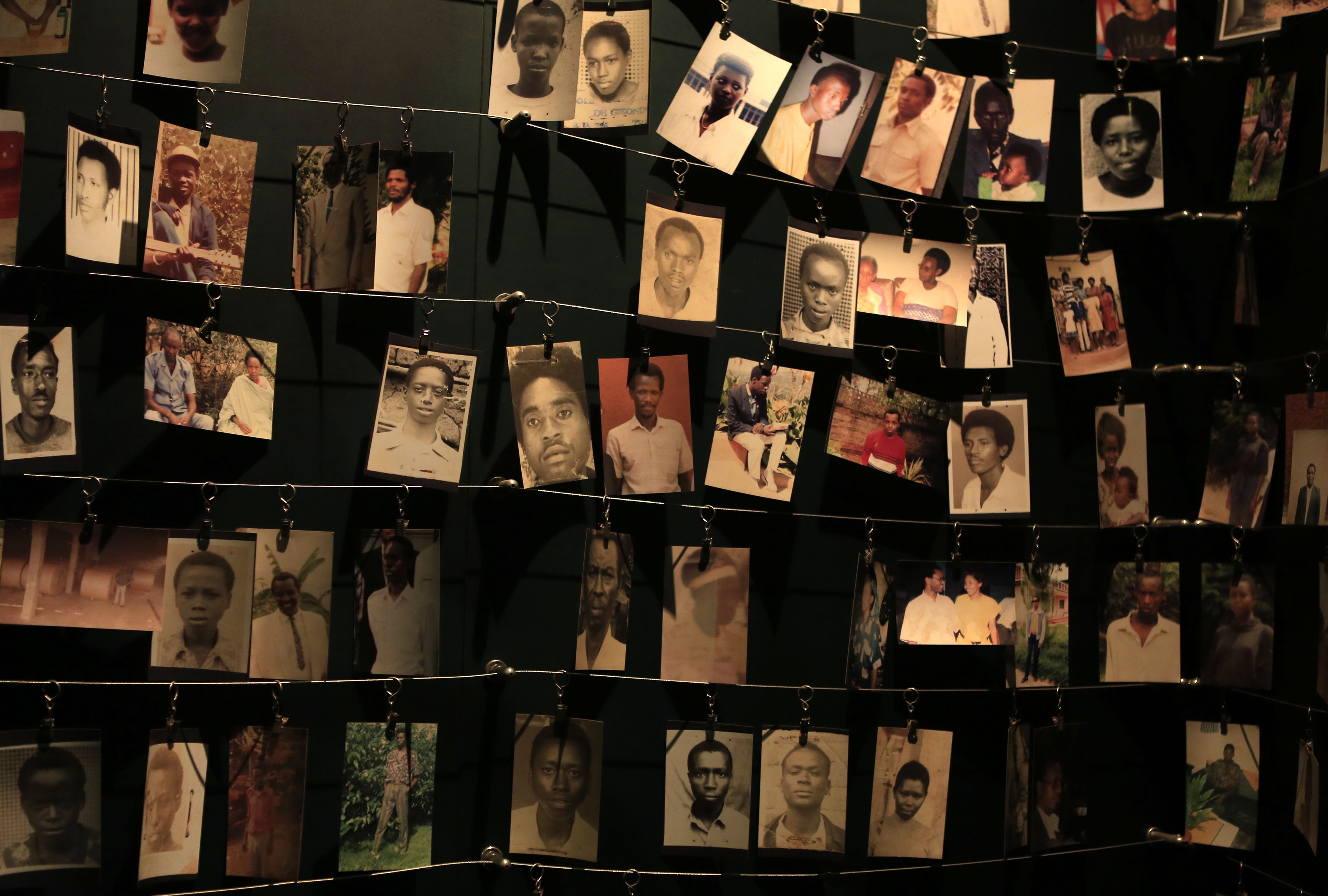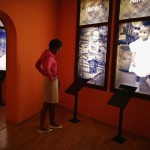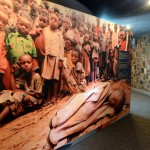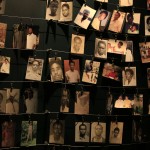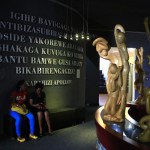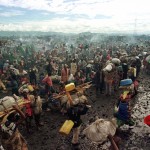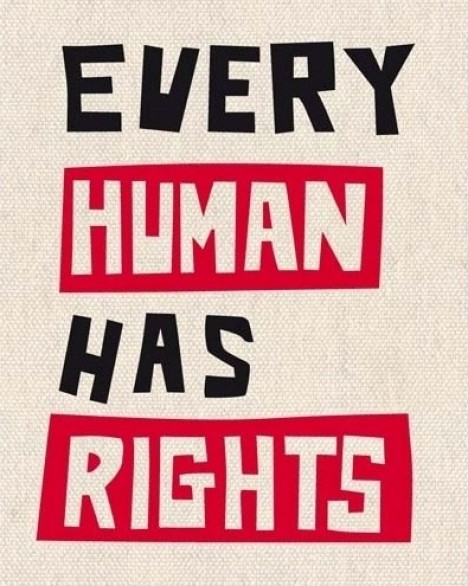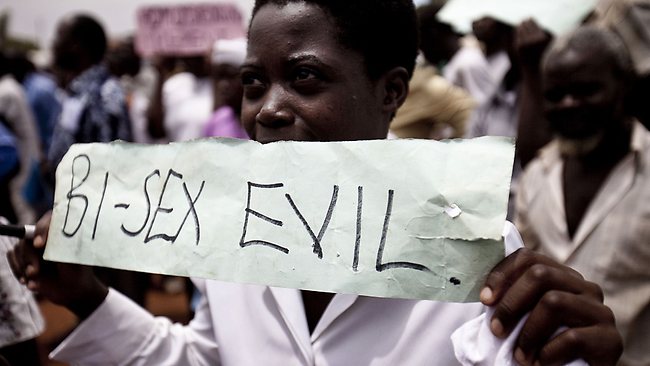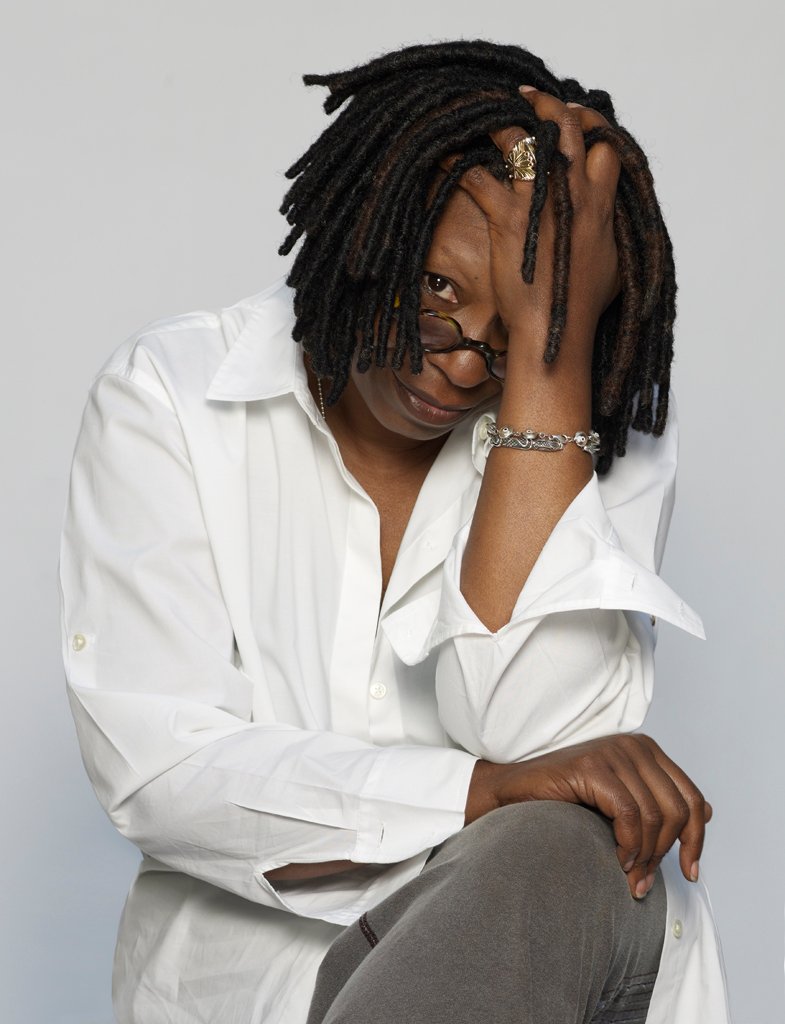The President of the World Bank has opened up about a decision to cut off lending to projects in developing countries, which could endanger LGBT rights.
Speaking at the Economist’s ‘Pride and Prejudice’ conference, taking place in London, New York and Hong Kong, the President of the World Bank, Jim Yong Kim discussed a proposal to reign in lending to projects that could end up harming LGBT rights.
Explaining why the bank cut off lending after Uganda passed an Anti-Homosexuality Act, he said:
In 2014 the Ugandans had passed a law, and it was quite a bit more draconian than a lot of the laws that exist: it said homosexuality would be punished with life imprisonment, but it became a requirement that anyone who suspects others of homosexuality had to report that also.
Right at that moment we were about to approve a $90 million loan to support health clinics in Uganda.
I worked as a doctor, and this is an important issue for me… but we looked carefully and we found out that it was possible that active discrimination could happen in these clinics, and because of the requirement to report homosexual behaviour, gay men and women could go to these clinics… and we could actually endanger people from the LGBTI community, so we had to stop that loan.”
He added:
A lot of people came out and told me I was crazy. The critiques made a lot of sense to a lot of people… a lot of my own staff were [against it].
At the time there were 81 countries with these laws, so what does this mean for our ability to loan to any country in the world that has these kinds of laws?
We are not allowed to make political judgements, and that’s not what we’re doing.
We’re trying to look at another principle that is important, that that principle is that if something we support leads not only to discrimination but endangerment, don’t we as an institution have to stand up and say ‘no’?”
He continued:
There were a lot of countries who condemned Uganda… but the money still flowed. We were the only ones who stopped the flow of money.
The Ugandans were very angry about this… but [I told the board] I felt it was very important to take this stand.
One of the questions was, what would be the implication of taking that kind of action? Well, our business has exploded since then. The Ugandans have repealed that law – the court found it unconstitutional.
But probably the most encouraging thing was a minister of finance from a developing country came and insisted on seeing me one-on-one, and I didn’t know what it was… he came in and said the Prime Minister wanted me to know there was draconian legislation on homosexual activity going through the Parliament, but he wanted to assure me he would veto it, and it would never become law.
I had to take my own stand on this, and use the rules and regulations of the institution to push the agenda as far as I could.”
Speaking about progress to draw up a consistent policy, he said:
One of the things that we’ve done is that we’ve put into a new version of the draft safeguards explicit language that says discrimination against LGBT people will not be tolerated.
This is new and it’s not passed yet – I push as far as I can, but I have to step back because this is a 70 year old institution with laws and regulations and procedures, and so this is a decision that will ultimately be made by the board.
But we’ve put them in there, and we are committed to continuing to look at every single thing that we do, to see if our lending is leading to discrimination or even endangerment [of LGBT people].”
He said:
It’s not done yet – but we’re looking at every possible way to increase our surveillance, so that we know when something we do is leading to discrimination or endangerment.”
He compared the issue to existing measures to prohibit lending to corrupt countries, recalling that opponents argued “so many countries are corrupt that if you start talking about corruption, we’ll have no more countries to lend to.”
The exec added:
It’s exactly the same argument… you can’t do it all at once.
But over a 20 year period, we’ve refined and refined and refined and now have a whole system for detecting corruption in our projects.
We have no illusion that we’ve eliminated corruption from every project… but we have a good system in place. That first step was important.”
He said:
As a minimum, we have to stop a loan that can either discriminate or endanger – and we’ve never had that discussion before inside the World Bank.
It’s a first step… we definitely have not got the data we would like to have, but we’re going to contribute and participate, and work with others who are doing this kind of research and move forward this agenda.”
He also spoke about the risks that countries may opt to get lending from other sources – with Zimbabwe’s President Robert Mugabe pledging to reject filthy aid money” that comes with strings attached on LGBT rights.
Jim Yong Kim said:
The kinds of things we do are a result of our very specific strengths – not only knowledge about the specific aspects of development, but also the know-how to get projects from here to there.”
He added that the World Bank also works to provide benefits and safeguards for LGBT employees anywhere in the world.
The exec explained:
There are some challenges in some of these countries – and any country that we open a new office in, we negotiate very aggressively that we have certain standards about how we treat same-sex partners, and we need to come to some agreement with the host country in terms of how to handle it.
It’s not perfect – we have to often do things informally, but our a very strong commitment to all of our employees is that we will treat same-sex partners in the same way that we would treat opposite-sex partners.”
The World Bank is an international financial institution that specialises in provides loans to developing countries for projects, assisting in their development and creating infrastructure to help tackle poverty.

